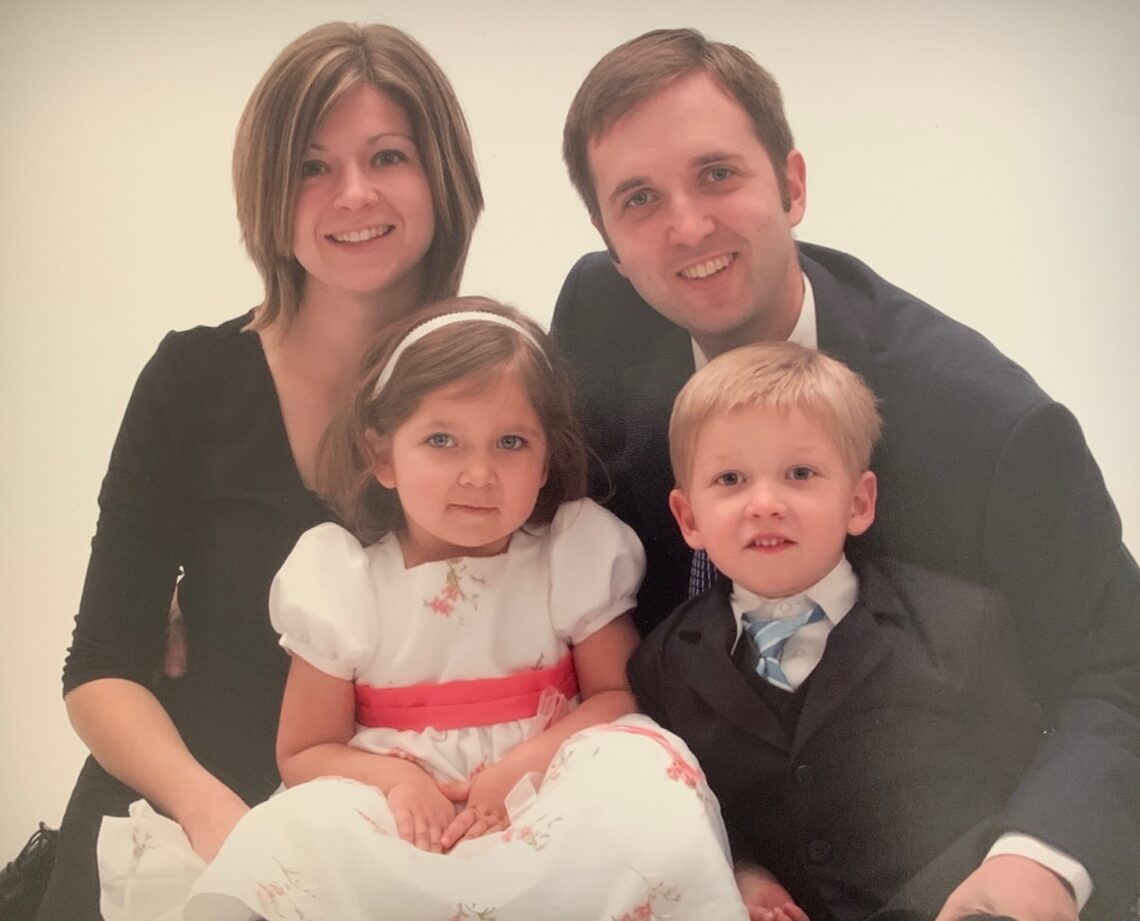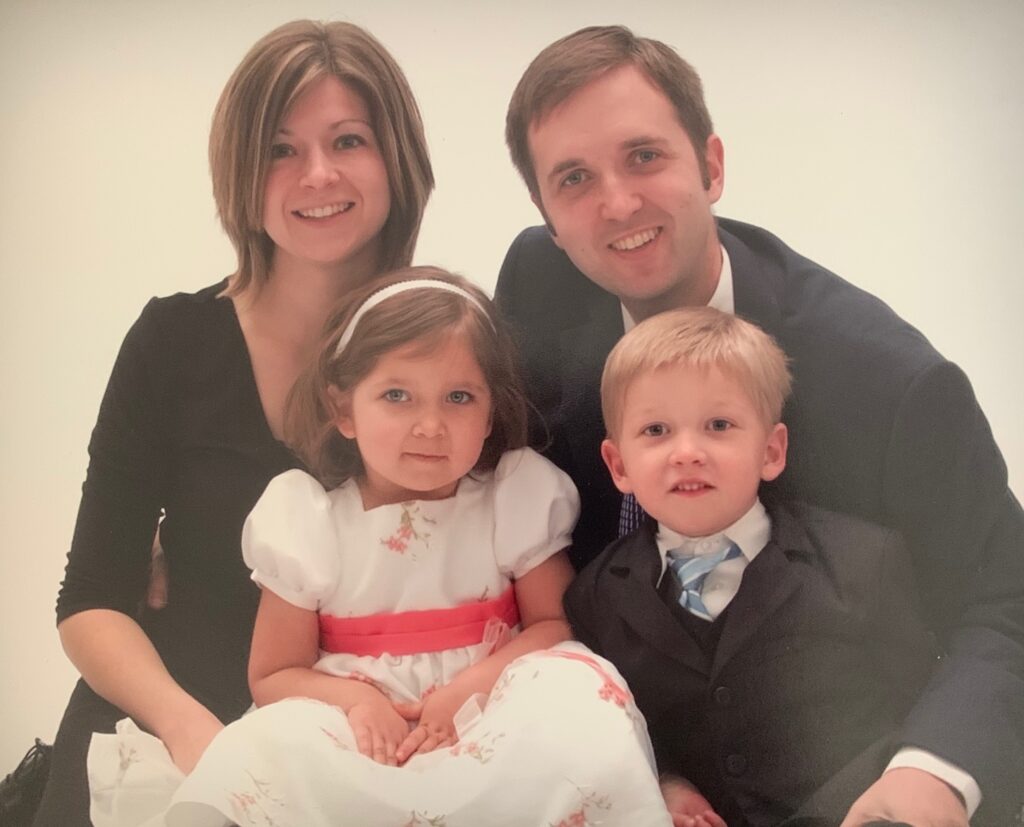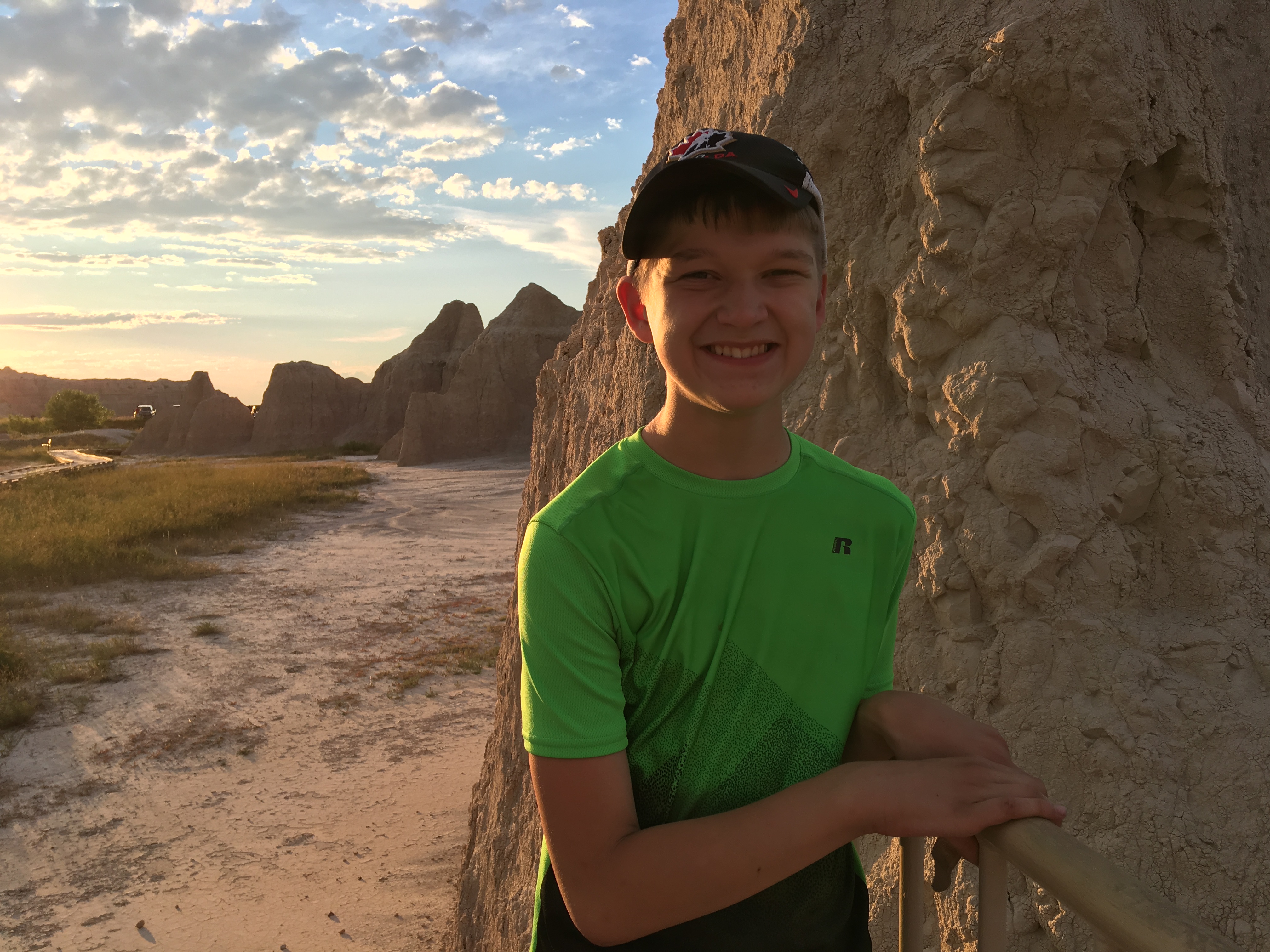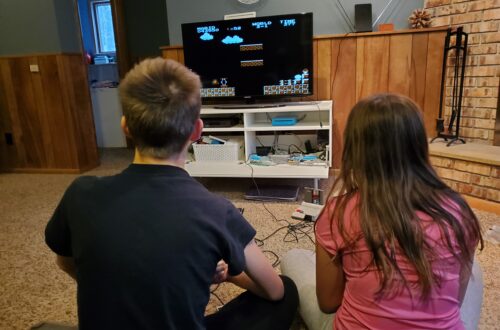
We are living a privileged autism experience
After the events of George Floyd, I feel like our little life events this month have been trivial in the importance of the national dialogue about race and privilege in North America (and across the world) and so I feel like maybe this week’s post should focus on more important voices that need to be heard that haven’t been heard. What I would like to do with this post is recognize our privilege as a white autism experience and share some voices and experiences of people of colour, specifically people of colour with autism. It’s an area of inequality that I should be more aware of, and I’m embarrassed to say, I haven’t really been paying attention to.
I do know that autism is a white boy diagnosis. I have white friends who have struggled to get their white autistic daughters an official autism diagnosis because the medical community sees autism as a “boy” social/emotional disorder, and girls just don’t fit the general stereotypes medical officials look for when testing for autism. From “Meet the People Being Left Out of Mainstream Conversations About Autism,” Beth Finkelstien says, “Autistic women may also slip under the radar because their autism doesn’t present itself in the same way. ‘It’s very common for us to hear women share stories where folks in their lives have really challenged that they are indeed on the spectrum because of their non-stereotypical presentation of autism.'”
Google “Famous People with Autism,” and most of the list is made up of white males and maybe a few white females. This list here for example (of 30 famous people with autism) includes 23 men, 5 women, 2 people of colour (one Asian man, one African American man). If you were to ask me, off the top of my head, to name some famous people on the autism spectrum, I would probably name Bill Gates, Mozart, Einstein, and Temple Grandin. Autism isn’t really a white boy only diagnosis. It’s just the one we hear about the most.

And that’s why we are living a privileged autism experience. Ever since J was diagnosed I could look to the media and internet and find other people who had lived a similar experience as J: the mostly white male experience. Our family has other white privileges working for us. Both Steve and I are well educated, middle class people (who both grew up in white middle class homes) which has given us access to opportunities that many other families aren’t able to experience. Throughout J’s life, we’ve been able to access resources through universities and medical professionals to help diagnose and give J therapy opportunities. For most of our experience, we have had good health care and we have a good network of professionals we can talk to and find added resources–I’ve seen Temple Grandin speak twice in person). Because of Steve’s job, I can stay at home or work part-time to make sure I can stay on top of and be involved in J’s education and other issues that might come up along the way. I can have the freedom to take 3 days in Minneapolis, sign up and attend an alternative reading comprehension program outside of the school setting and buy the hundreds of dollars worth of curriculum to “try it and see how it works.” Sure, we could be a “better off” middle class family life if I worked full time too, but I can also “afford” to choose to supervise closely J’s educational experiences.
As I’ve been trying to find voices of colour and listening to their experiences over the last week, I found a really helpful resource that helped me remember that privilege. It’s so important to recognize the benefits privilege has given to certain people in society, and realize that when not everyone has access to those benefits, we all hurt from the system.
To understand privilege a little better as a white person, this is a great podcast: From Jasmine Bradshaw http://firstnamebasis.org/what-is-privilege-and-what-do-i-do-with-it/
I think about autism, the “white boy diagnosis” and how harmful that can be to autism kids of colour. According to the CDC:
“ADDM reports have consistently noted that more white children are identified with ASD than black or Hispanic children. Previous studies have shown that stigma, lack of access to healthcare services due to non-citizenship or low-income, and non-English primary language are potential barriers to identification of children with ASD especially among Hispanic children. A difference in identifying black and Hispanic children with ASD relative to white children means these children may not be getting the services they need to reach their full potential.”
Listening to Jasmine’s broadcast, really opened my eyes as to how people of colour can really struggle to hear their voices heard by the medical community. If kids with autism don’t get the intervention they need early on, it’s harder for them to “catch up,” causing greater disadvantages when being a child with a disability is already a marginalized experience in our society.
It wasn’t until a few years ago while working as a copy editor for MELUS (an academic journal specializing in studies of multi-ethnic literature in the United States) that I came across the term intersectionality, and I think it’s a really important concept to understand before I share a few links to the voices of people of colour with autism. It wasn’t until I understood what intersectionality was, that I really realized as a white woman how deep my privilege runs and how most of our institutions pervasively disadvantage marginalized people. Here is a fabulous definition of intersectionality explained by Kimberle Crenshaw who first coined the term in 1989.
Recognizing intersectionality means acknowledging how complex marginalized people’s experiences can be, and with that complexity the added challenges and stereotypes bring. Understanding the depth and dimension of the different aspects of someone’s experience is so important to opening our minds to hearing their voice. Recognizing intersectionality can help us realize how deeply the system is stacked against certain groups of people. Recognizing that not only is disability a marginalized experience, but realizing that disability and race, disability and race and gender, or disability, race, gender, and sexual orientation can happen in the same space, compounding the marginalized experience is so, SO important. It helps me remember that despite the fact that my son’s autism is often a marginalized experience, our family does greatly benefit from the fact that it’s a white male marginalized experience.
There is so much work to do with racism in all areas and arenas in our social and economic systems. For a really long time I have only been focused on our journey with autism and the struggles (and sometimes injustices) we face with our family. I have so much more to do to help support and rally with autism families of colour and all people who face added challenges that come with their intersectionality. So as I start the long journey to be a better anti-racist ally and teach my children how to become better anti-racist allies, I’m going to try to be better to advocate for change for our brothers and sisters who face the challenges that come from intersectionality too.
I know this is just a baby steps start, but here are some voices I’ve read this week that I feel are important to share and listen to. Because of my privilege, I need to do a better job of seeking out and listening to all of the diverse experiences of people of colour. I know in this post, I talked mostly about access to medical and professional help in finding a diagnosis with autism, but there are so many other stories and struggles people of colour with autism face daily that I haven’t thought twice about. It’s time to start thinking of how to include these experiences and struggles in the dialogue of our society.
“For Parents Of Young Black Men With Autism, Extra Fear About Police”
‘Autistic while black’: How autism amplifies stereotypes
‘Being autistic, black and femme highlights the experience of living intersectionally’
And here is one last resource I’ve found really helpful recently in understanding race and marginalized communities a little better (and great for discussing with families). Check out Jasmine Bradshaw @firstname.basis on Instagram or go to her website to listen to her podcasts on www.firstnamebasis.org




